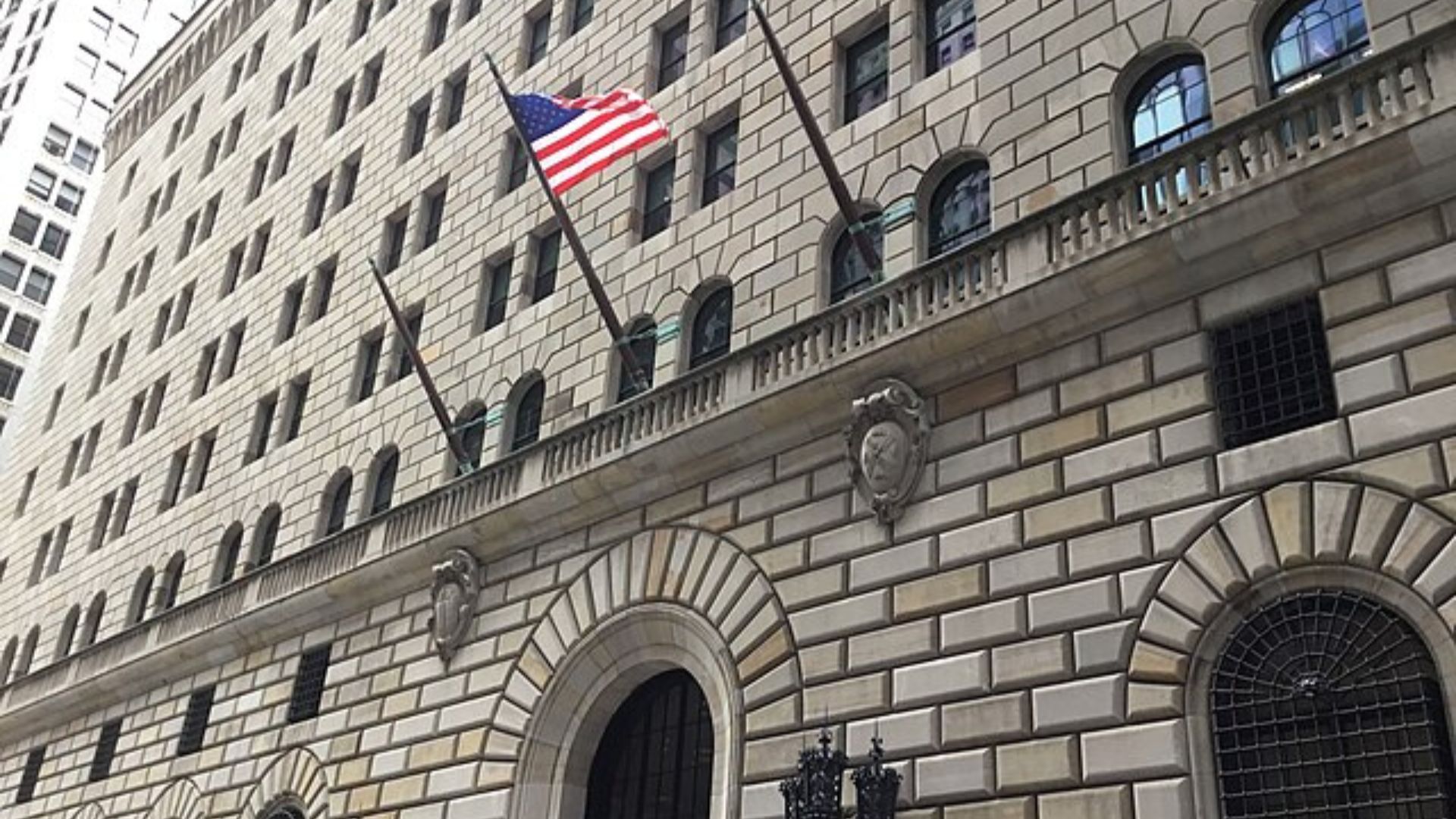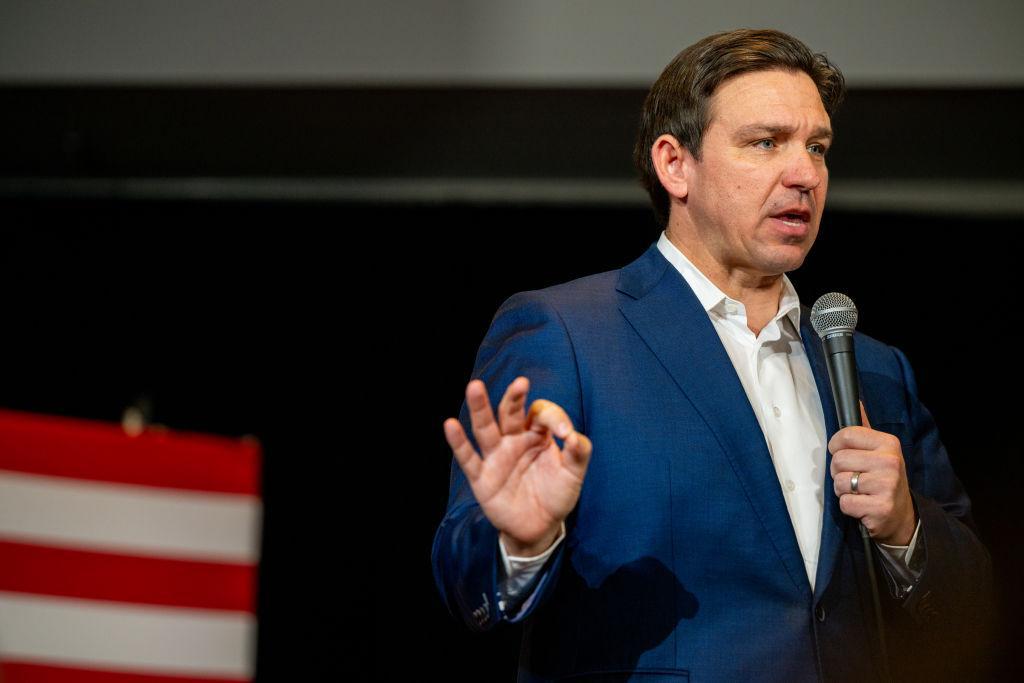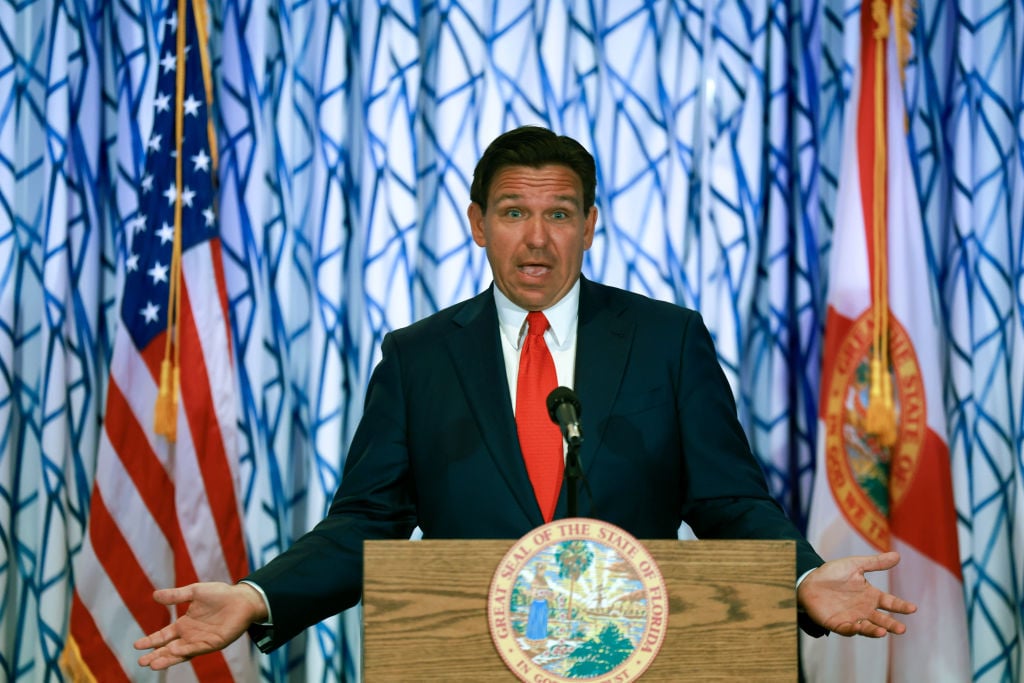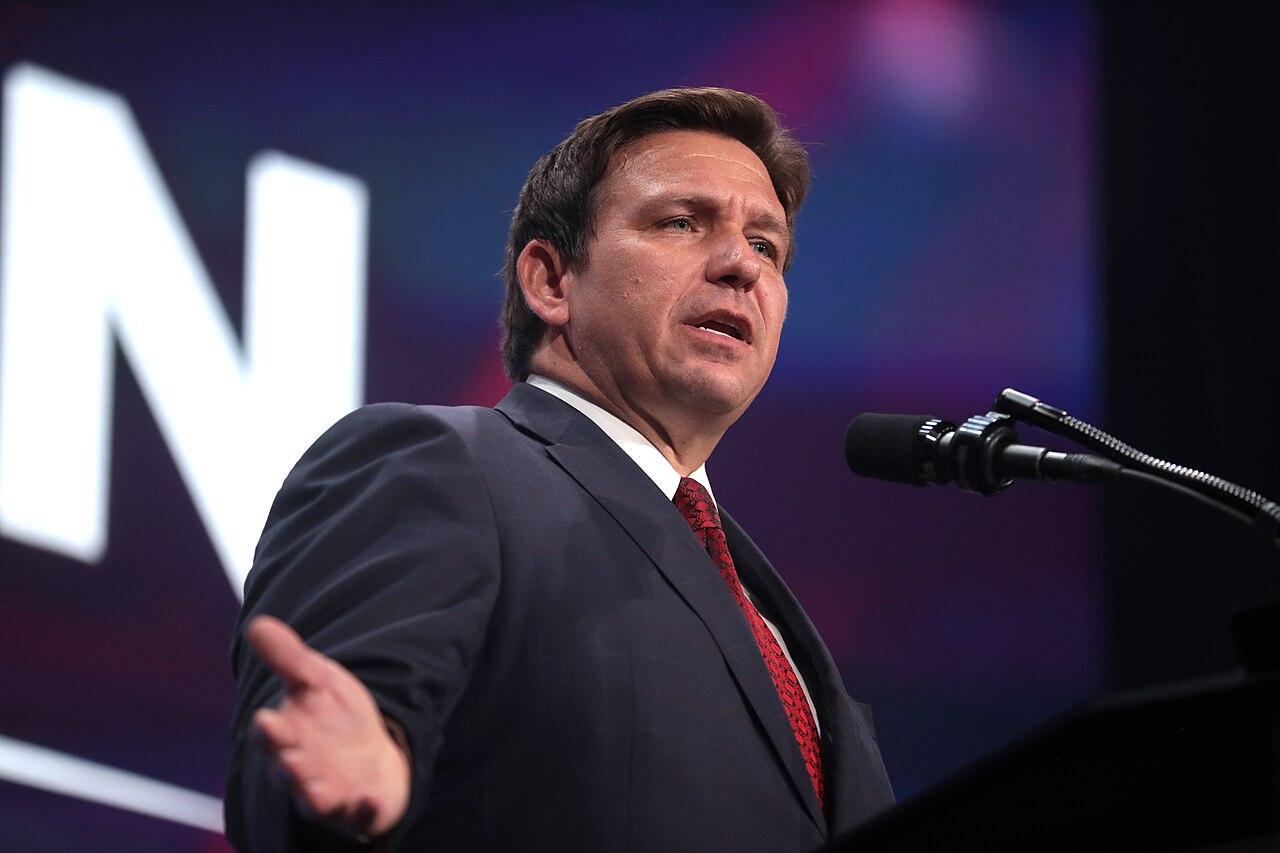Florida’s New Anti-woke Banking Law: Treasury Department Claims it Is a Threat to National Security
In May 2024, Florida Governor Ron DeSantis signed HB 989 into law, sparking widespread debate. The law restricts banks from considering non-financial factors—like politics, religion, or environmental issues—when conducting business.
Supporters argue it protects consumers from ideological discrimination, while critics claim it could jeopardize national security.
What is 'Anti-Woke' Banking?
The term “anti-woke” banking refers to financial practices that avoid considering environmental, social, and corporate-governance (ESG) factors.

Source: Kidfly182/Wikipedia Commons
Florida’s HB 989 aims to prevent banks from denying services based on political or ideological beliefs, focusing solely on financial risk assessments.
DeSantis' Reasoning Behind HB 989
Governor DeSantis has positioned HB 989 as a safeguard against ideological discrimination. He argues that banks have, at times, unfairly targeted conservative groups and industries, like firearms and fossil fuels.

Source: Brandon Bell/Getty Images
The law, he claims, is about preventing big banks from “forcing their ideology” on Florida residents.
Treasury Department's Concerns Emerge
In July 2024, the U.S. Treasury Department expressed concern over Florida’s new law.

Source: Military.com
Treasury Undersecretary Brian Nelson warned that HB 989 could hinder banks’ ability to conduct thorough risk assessments, increasing the risk of money laundering, terrorism financing, and other illicit activities.
Potential Threat to National Security
The Treasury Department’s letter to lawmakers highlighted that laws like HB 989 might enable criminals to exploit the U.S. financial system.

Source: Joe Raedle/Getty Images
Restrictions on risk assessments could open the door for international drug traffickers, terrorists, and corrupt officials to launder money and evade sanctions.
The Federal-State Law Conflict
Financial institutions are caught between Florida’s state law and federal obligations. While Florida’s law mandates neutrality, federal law requires stringent checks to prevent financial crimes.

Source: Freepik
This conflict leaves banks in a precarious position, potentially facing penalties for non-compliance on either side.
The Broader Implications for the U.S.
Florida is not alone in its legislative efforts; other conservative states, like Arizona and Georgia, are considering similar laws.

Source: Freepik
The Treasury Department warns that if such laws spread, they could undermine nationwide efforts to combat financial crime and maintain the integrity of the U.S. financial system in the long-run.
Lawmakers' Response to the Controversy
Lawmakers across the political spectrum have responded to the Treasury’s warnings.

Source: Freepik
Representatives Josh Gottheimer, Blaine Luetkemeyer, and Brad Sherman have urged states to reconsider similar laws, arguing they could compromise national security. “Think twice before putting America’s safety at risk,” Gottheimer stated.
Critics Argue for Consumer Protections
Supporters of HB 989 argue the law is a necessary protection against ideological discrimination.

Source: Wikimedia
They believe it ensures that banks can’t target or freeze accounts based on political or religious beliefs, offering a safeguard for consumers and businesses in traditionally conservative sectors.
The Debate Over ESG Considerations
At the heart of the controversy is the debate over ESG—environmental, social, and governance—factors. Conservative lawmakers argue these criteria unfairly penalize industries like fossil fuels and firearms.

Source: Freepik
However, critics say that ESG considerations are important for assessing long-term risks and promoting sustainable practices.
Possible Consequences for Banks and Consumers
If the Treasury’s concerns are realized, banks in Florida could face severe repercussions, from federal penalties to increased scrutiny.

Source: Freepik
For consumers, the impact could mean fewer protections against financial crimes, potentially increasing the risk of fraud and economic instability.
What's Next for Florida and the Nation?
The battle over HB 989 and similar laws is just beginning. As more states consider anti-ESG legislation, the tension between state sovereignty and federal oversight will likely intensify.

Source: Wikimedia
The outcome could redefine the boundaries of financial regulation and shape the future of banking in the U.S.
